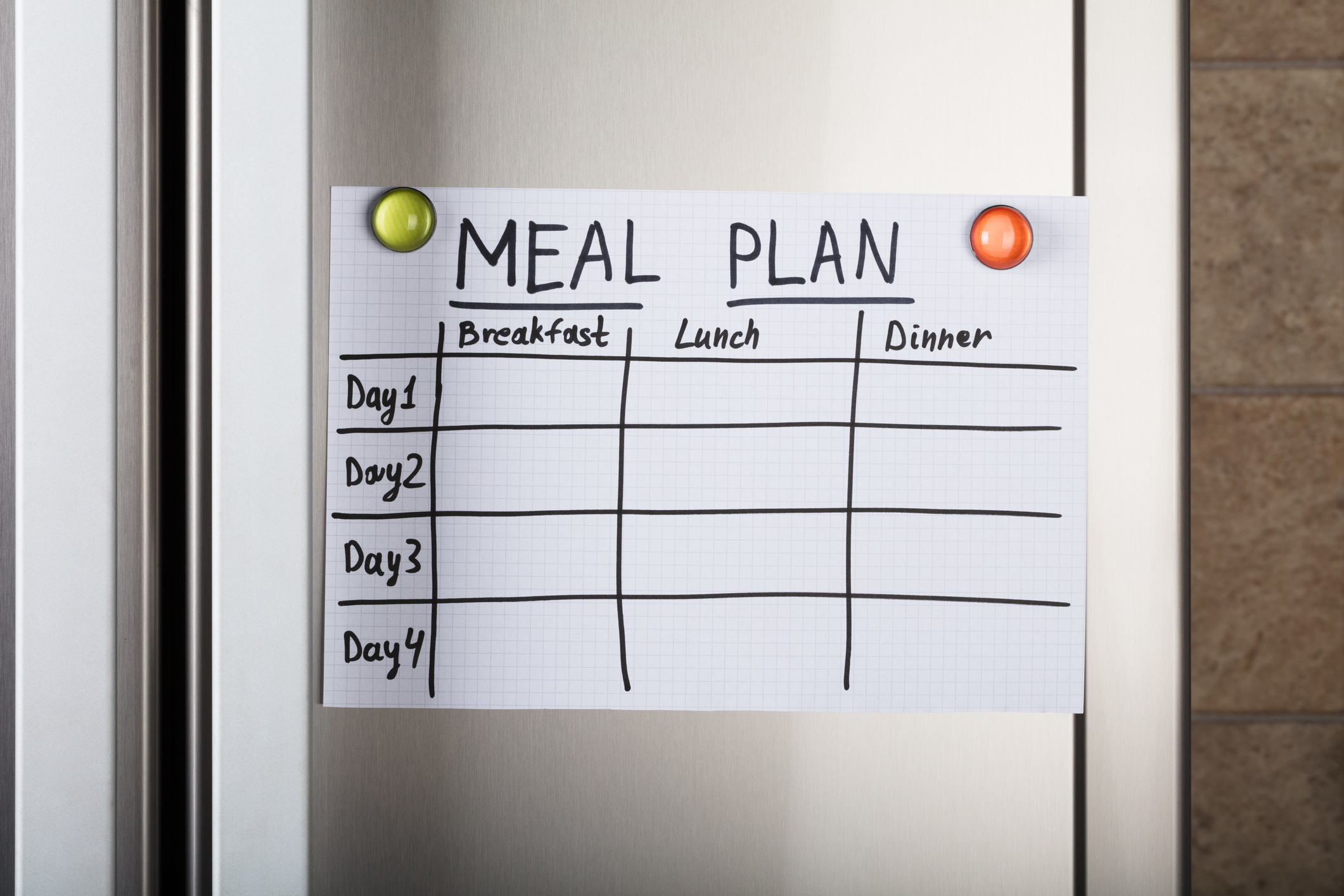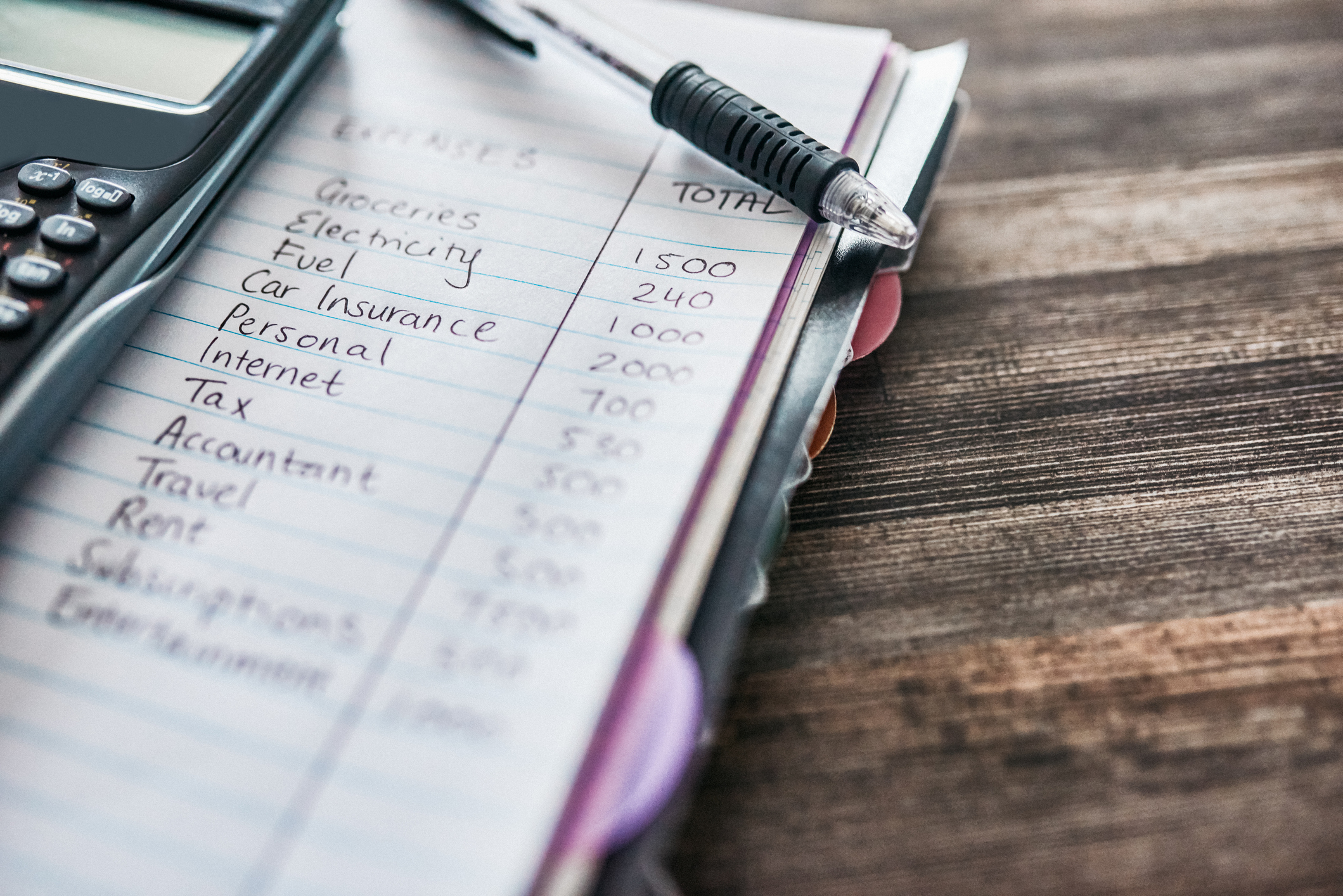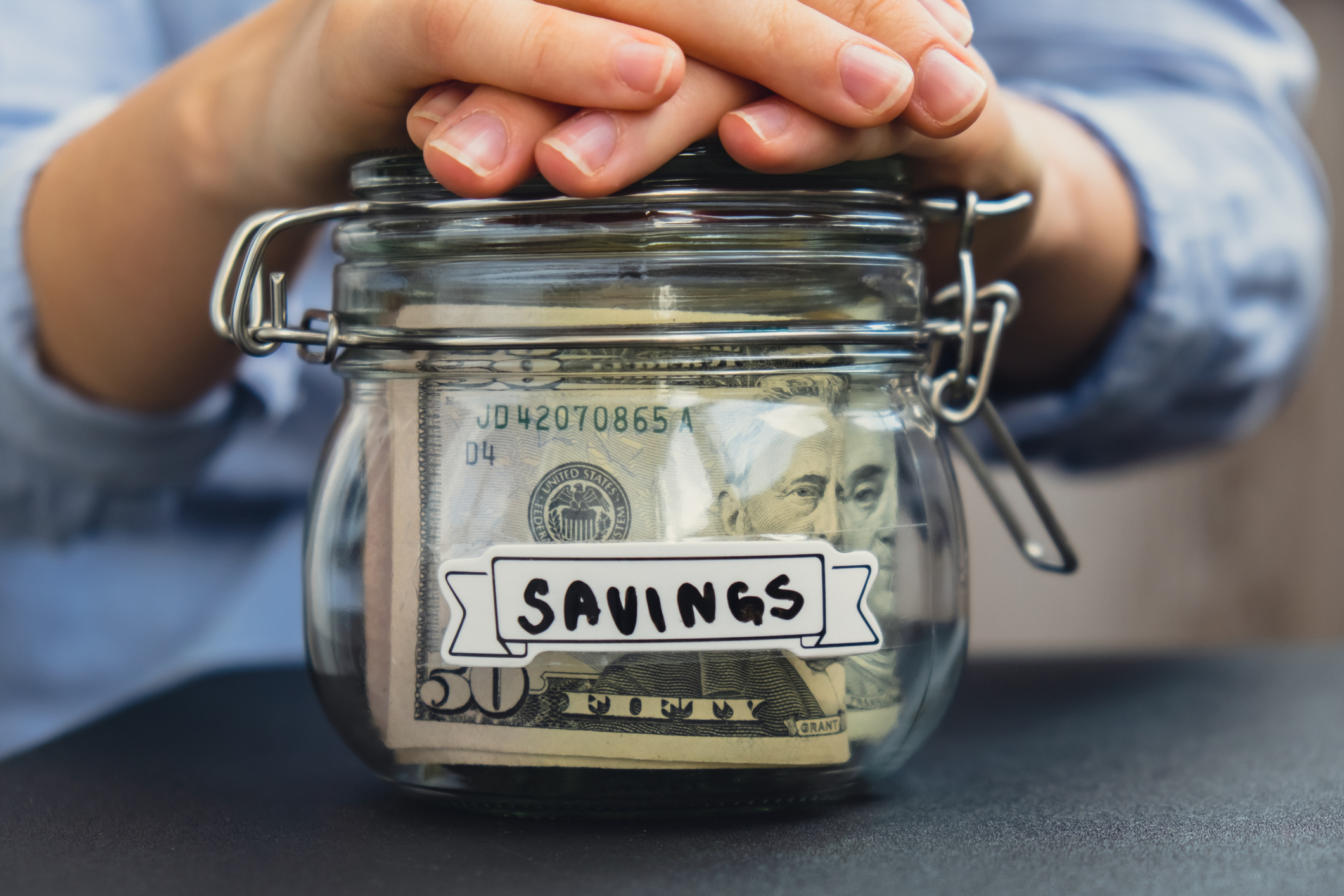
While we may not all be money experts, budget hacks can be helpful in many circumstances. Many people don’t even learn how to do their taxes in high school, so when it comes to financial planning, a lot of us are just winging it.
Winging it might be a necessary way to learn, but it can also lead to costly financial mistakes. The good news is that most mistakes people make come down to one simple thing: budgeting.
More from LittleThings: 3 Ways We Tightened Our Budget When I Thought There Was Nowhere Else To Save
If you’re interested in learning better budgeting tricks, you don’t need to hire a financial expert (I mean, that’s just money you don’t have). Just talk to a single mom. Chances are, she’s got some great tips that will help clean up your accounts in no time.
Here are five of my favorite budget hacks, and they are easy to put into play.
1. Meal Plan!

One of the absolute biggest money pits out there is the grocery store, and when you’re a mom, chances are you’re there a lot. That’s especially true the older and hungrier your kids get. But one of the best ways to save is to plan your grocery store trips exactly, and that begins by planning your meals.
The idea is important for a couple of reasons. For starters, when you know what you came for, you won’t be throwing random things in your cart that will go to waste. Hello, soggy bottom on the produce drawer.
But you’ll also be able to plan for more budget-friendly meals, too. Lastly, when you have exactly what you need for your meals, you’ll be less likely to order carry-out or head to a fast-casual restaurant for dinner.
Those expenses might not seem that big, but between Panera, Chipotle, and Taco Bell, it all adds up.
2. Write Down Every Single Expense

The easiest of budget hacks to implement is to start with knowing exactly what you’re working with. Making a list of all your expenses is easy to do and will let you know exactly how much money you have left once the bills are paid. Writing down all of your expenses can also help you clearly see how much you’re spending and even uncover expenses that may be surprising.
Most people live paycheck to paycheck, but few people are in the habit of paying all of their bills first.
This habit will lead you to have far less debt over time and be more organized with your money. So make that list — and don’t leave out a single expense.
3. Try a Spending Freeze

It sounds really tough to put into practice, but a spending freeze — where you don’t spend any money at all for a period of time — is one of the best budget hacks to try. Even if you try it for only a few days or a week out of the month, it’s still going to help you financially.
You may be surprised to see just how much your bank account appreciates it, too. Imagine getting to the end of the month and not struggling to pay for gas and groceries? Trying a freeze can do just that.
You might just end up going on a spending freeze one week every month. While it may be hard to get used to, it’s liberating to not be struggling when the paycheck starts to run low.
4. Cancel Things You Don't Need

One of the biggest reasons that people struggle financially is because they aren’t paying close enough attention to what’s actually coming out of their bank accounts each month. Take a hard look at your bank statements and see if there’s anything that isn’t necessary.
Chances are, you’ll find more than one or two. Got a gym membership you no longer use? Get it gone! Still paying for cable while the rest of the world is watching Netflix or a handful of more affordable streaming services? It’s time to ditch it!
Don’t spend one more month throwing money down the drain that you don’t need to lose.
5. Use Automatic Savings or Set Reminders to Transfer Money to Savings

If you think you don’t make enough money to save, chances are you’re wrong. Yes, many of us are living paycheck to paycheck. But if you’re buying yourself one restaurant or carry-out meal a week, or heading to the mall for some new kicks, or have a mild to moderate Starbucks habit, then you can start a savings account.
No, it’s not easy. Yes, it takes commitment. But setting your account to automatically transfer money into savings each month can be a great place to start. If you don’t think you’ll have even a few bucks to spare each and every month, you can set reminders and do it on your own when you’re able.
But for so many people, simply starting that savings account and committing to it is life-changing.
More from LittleThings: How to Save Money on Groceries: 3 Cost-Cutting Strategies







